Disclosures by an Experience Expert in 1946-47: Victor Kravchenko’s I Chose Freedom By Patrick van Schie In April 1944, a senior official from the Soviet Union’s “trade delegation” defected to the United States. Victor Kravchenko, an engineer, was tasked with Lend Lease deliveries during World War II to the Soviet Union – that […]
By Patrick van Schie On February 22, 1946, a telegram arrived from Moscow at the US State Department. The author, the second man at the US embassy, apologized in advance for using the telegraphic channel. The telegram was indeed unusually long: 17 sheets of paper typed out. It would also become unusually influential. The “Long […]
Review of: Raymond Aron, The Opium of the Intellectuals (1st publication in French, 1955) Patrick van Schie Nowhere in Western Europe have intellectuals been so fascinated by communism and the Soviet Union as in France. It was therefore appropriate that 65 years ago – in 1955, in the midst of the Cold War – […]
On Monday, October 5, vice-chairman Patrick van Schie, in his position as director of the Telders Foundation, was a guest on the radio program “The Hague lobby“. The subject was the relations “on the right” in view of the approaching parliamentary elections. He also explained what classical liberalism is and that “neo-liberalism” does not exist, […]
Patrick van Schie Eighty years ago, at the end of 1940, Darkness at noon was published, translated from German. The writer, Arthur Koestler, was an old communist who had lost his illusions due to the Great Terror (1936-1938) in the Soviet Union. He wrote this off between 1938 and 1940, in a novel in […]
How the Poles saved Europe from the Red Army a century ago Patrick van Schie In Western Europe it is perhaps one of the least known battles of the twentieth century, yet one of the most important turning points: the battle of Warsaw in August 1920. Unexpectedly, the young republic of Poland defeated […]
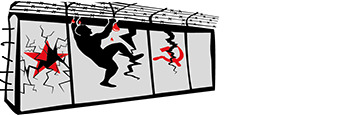
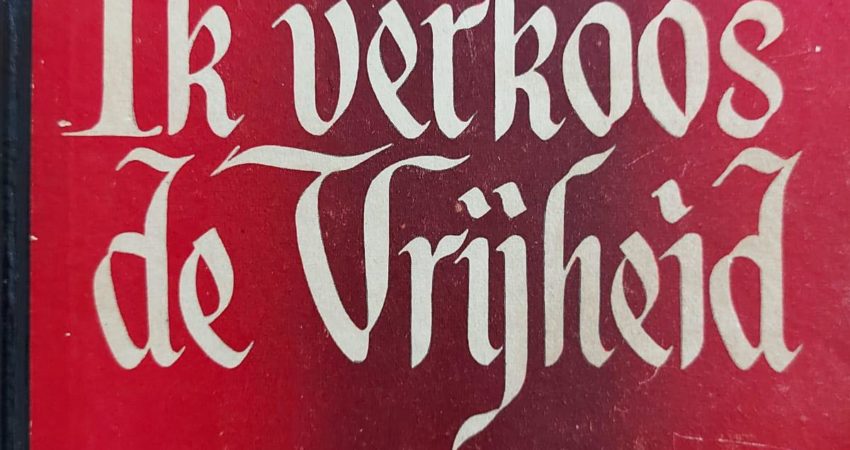
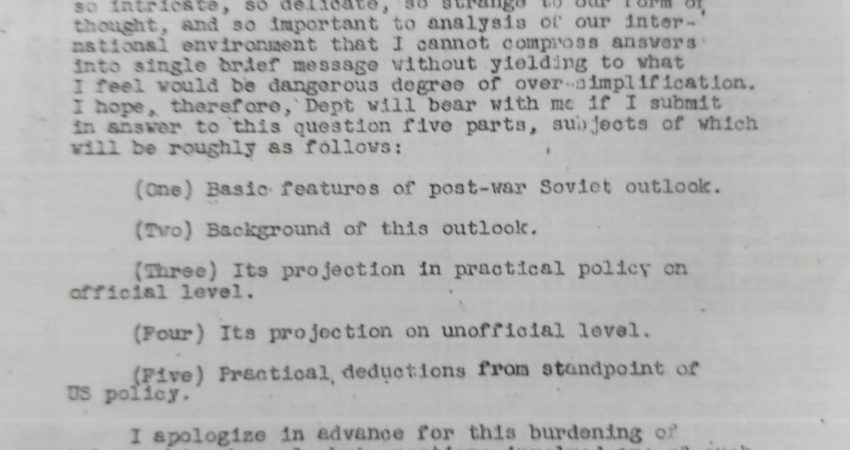
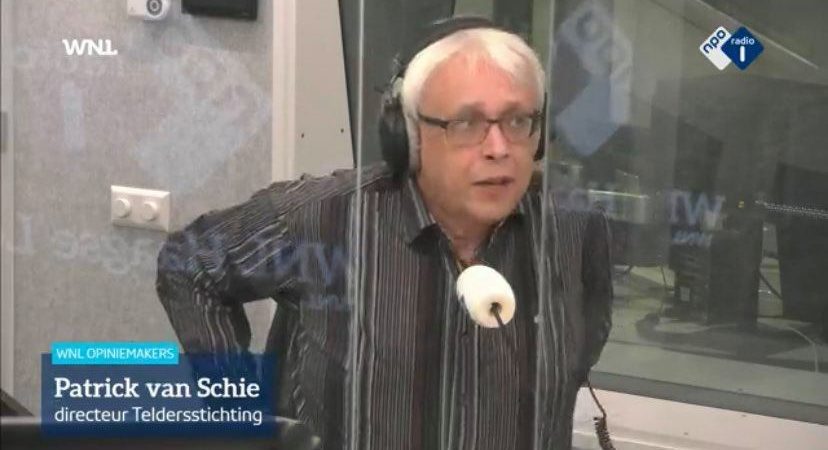
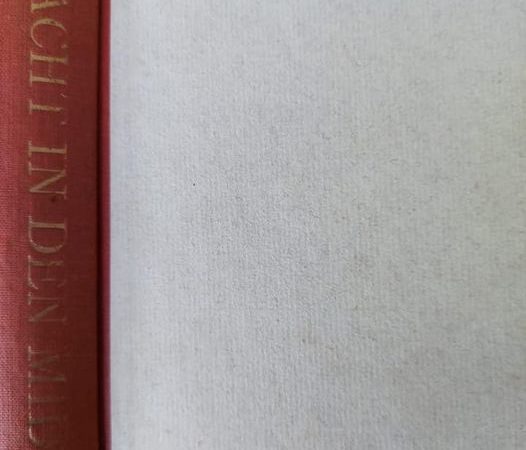
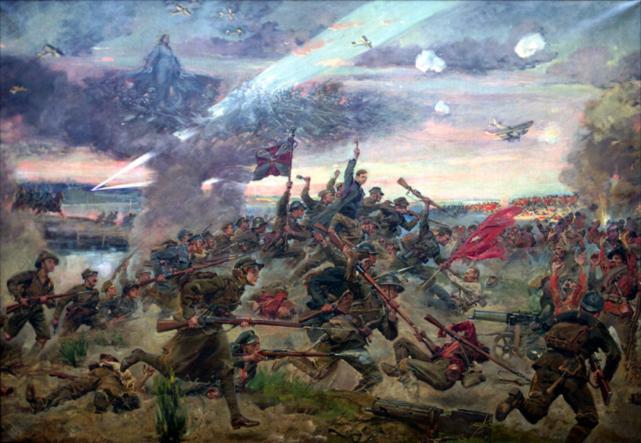
Follow Us!